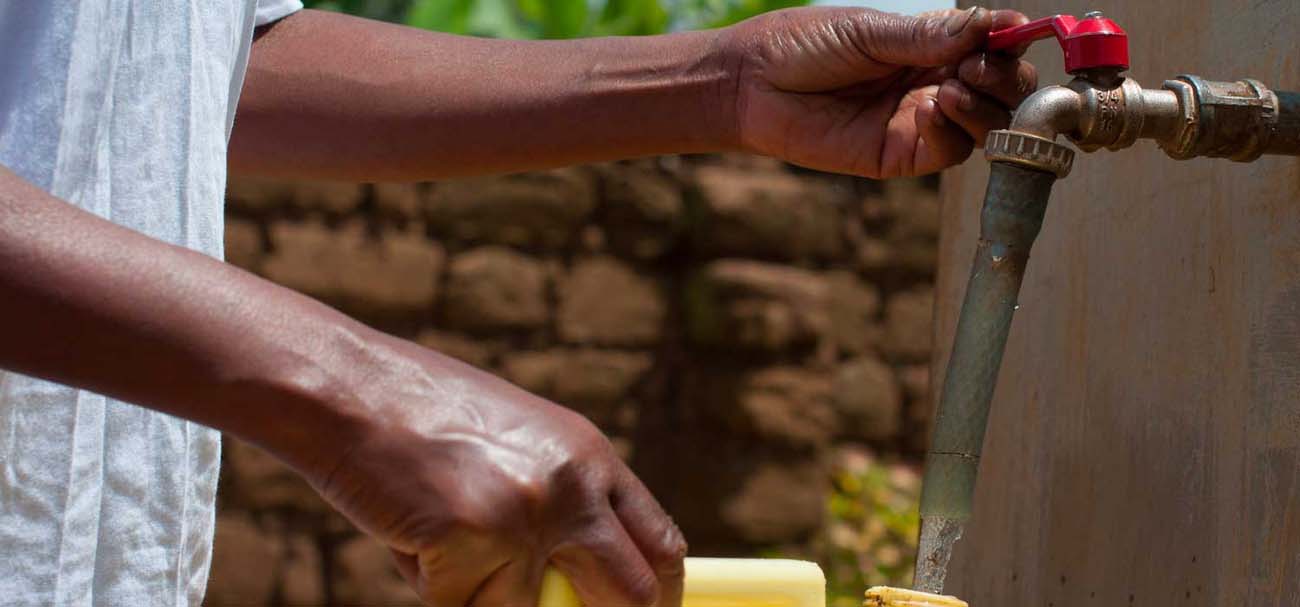
Residents of Kasai Oriental province in the Democratic Republic of Congo take ownership of Bank-funded drinking water systems
Over a one-week period, from 31 July to 7 August 2022, eleven towns in the Democratic Republic of Congo’s (DRC) Kasai Oriental province took ownership of drinking water supply facilities. The handover was made as part of the achievements of Phase 1 of the Socio-Economic Infrastructure Strengthening Project (PRISE), which received $140 million in financing from the African Development Bank’s African Development Fund.
As a result of this project, an additional 168,815 thousand people gained access to drinking water. The water network increased by roughly 60,000 linear metres, adding 123 standpipes and increased storage capacity of 680 cubic metres.
Mr. François Rubota, Minister of State, Minister of Rural Development, attended a ceremony to commemorate the handover. He was joined by the governors of Kasai Central and Kasai Oriental provinces and other local officials and Bank representatives. In his speech, the Minister urged local residents to set up a management committee to ensure abundant and high-quality drinking water.
Mr. Bruno Zali Zali, African Development Bank Senior Water and Sanitation Expert also attended the ceremony. Speaking on behalf of the Country Manager for the DRC, he said, “The facilities handed over today consist of mini-networks that will supply drinking water in nearly 60 localities with an average size of 20,000 inhabitants each. The facilities, consisting of a high-flow borehole and a network nearly 7 km long equipped with standpipes, will now enable more than 1.2 million additional people to have access to drinking water.”
“The African Development Bank supports the efforts of governments in mobilizing the national and international resources and expertise needed to achieve the development priorities of regional member countries,” he continued.
The PRISE project aims to create a minimum framework of comfort to allow the stabilization of the population and lay the foundations for the region’s economic development. The project has three components: Infrastructure development (Drinking water supply and sanitation, schools, health centers, gender center); the conducting of feasibility studies and capacity building; and project coordination and management.
The project will also advance the construction and rehabilitation of 60 schools, 60 health centers and 504 public latrines in rural areas. More than 90% of these works have already been completed. Its direct beneficiaries are estimated at 3.25 million people within Kasai Central and Kasai Oriental provinces. As the burden of collecting drinking water falls heavily on women and children, these two groups are expected to gain significantly.


